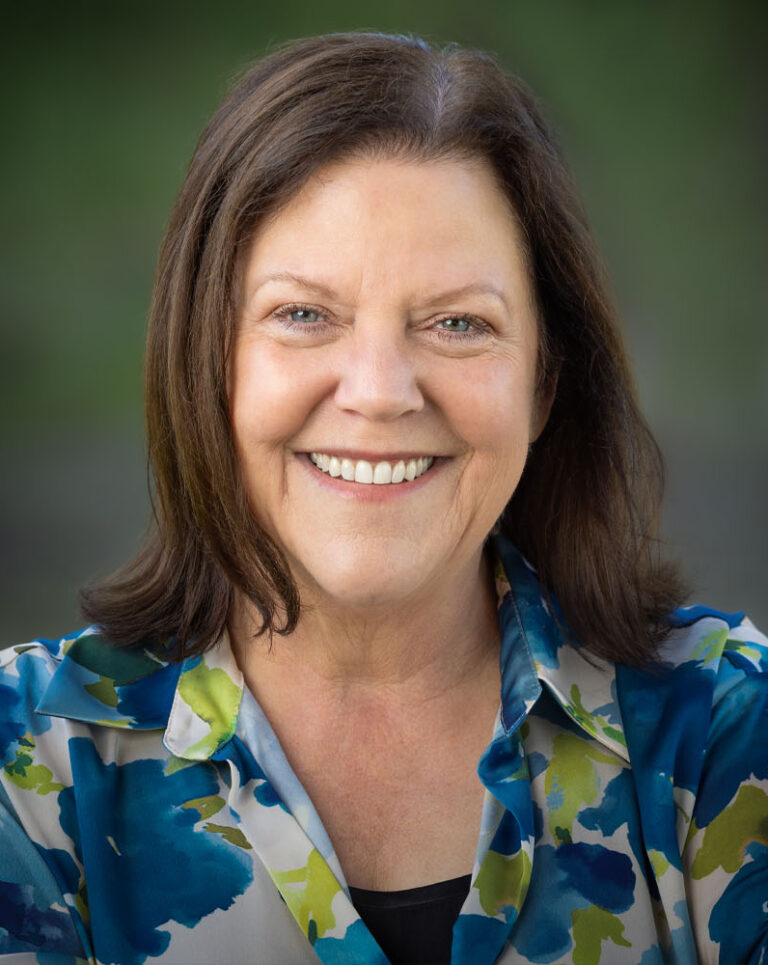
Janet Cowperthwaite’s commitment to artistic and administrative excellence throughout her 43-year tenure cannot be overstated — from her management of the quartet to her leadership of KPAA (Kronos Performing Arts Association), Cowperthwaite has been instrumental in the group’s ascension and worldwide success.
Her deft skill for managing the Kronos budget and building a formidable non-profit organization has resulted in 1,100 new commissioned works, an annual festival, and countless educational programs enacted across the globe. It was Cowperthwaite’s vision which guided the formation of the Kronos Fifty for the Future project, which, in collaboration with Carnegie Hall and institutions worldwide, brought fifty newly commissioned works to bear between 2015 and 2023 and made each score available at no cost to the general public, further equalizing and diversifying the field of music education.
Kronos, a world-famous touring ensemble, has relied for decades on Cowperthwaite’s touring acumen as she arranged thousands of concerts for Kronos in the most prestigious venues and festival stages. Under Cowperthwaite’s management and organization, the group has celebrated over seventy releases, been recognized with over forty awards and honors, and outsold any string quartet in history. As Cowperthwaite preps for her departure from Kronos, reflecting on her accomplishments paints a picture of an unstoppable force, a champion of both her organization and the artistic community at large.
Responses edited for length and clarity
DLAR: I’m sure there are a lot of people who want to appreciate the body of work that you’ve been contributing to over the years with Kronos, so I won’t drag that part out, but I think anyone who’s reading this should be aware of not just who you are, but of how directly you have influenced their ability to see and hear Kronos over the years — whether we’re talking about fundraising, organizational management, creative production… pretty much everything. I know that your time with the group is coming to a close, and any interview would be incomplete without at least one expression of gratitude for all of that work.
Janet Cowperthwaite: Thank you so much. I appreciate that very much.
Is there something now, looking back, that you wish you could tell your college-age self who first accepted this role as Managing Director?
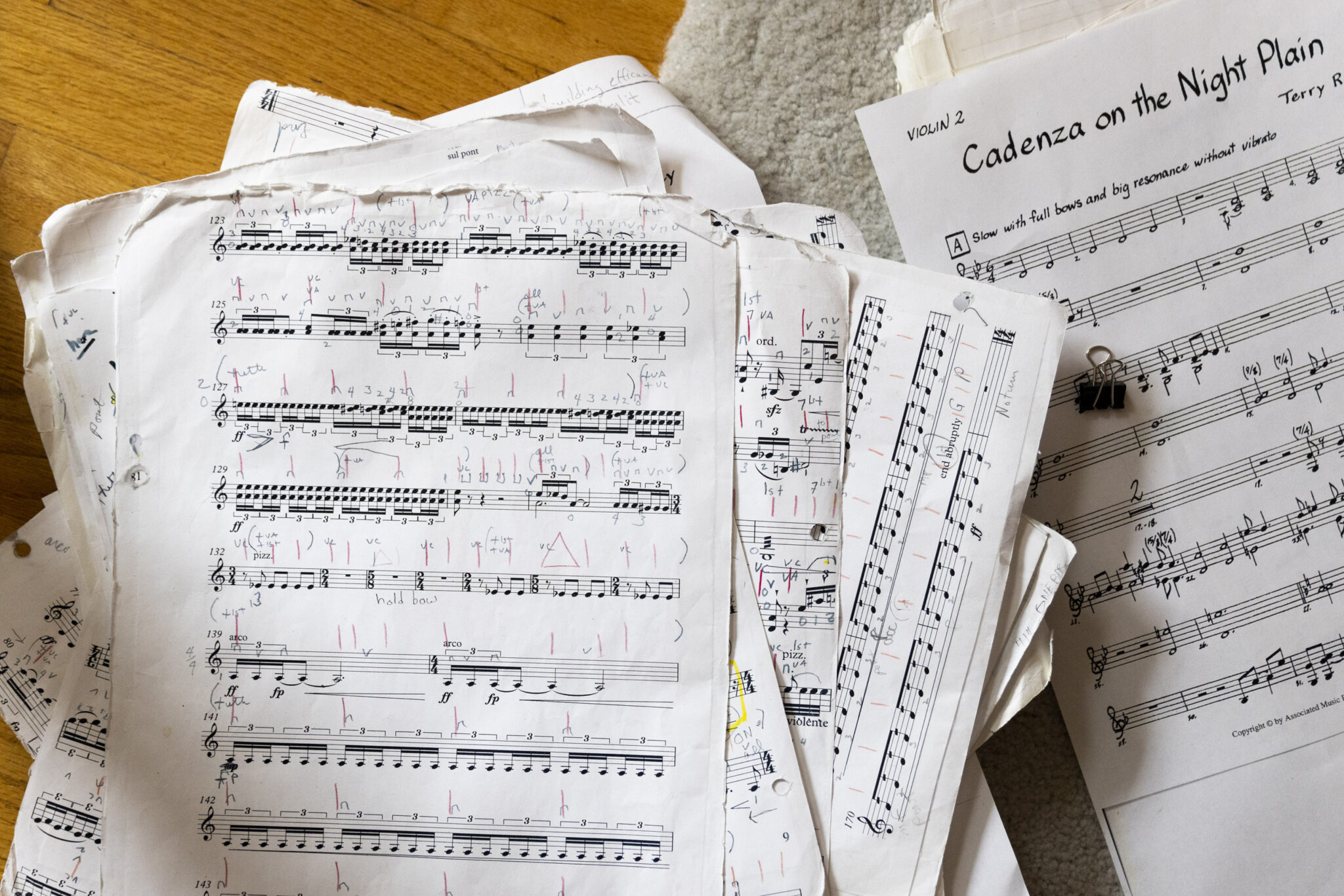
JC: What I would tell my college-age self is not to underestimate my own knowledge and my own instincts. When I first began with Kronos, it really was a college part-time job. It changed pretty quickly, but that was what it was. Even though I personally wasn’t experienced in “classical music,” and I remain one of the very few people who have worked for Kronos who doesn’t read music… Even though that was the case, to not think of that as a handicap. I was very musical, and I loved music. I would tell myself, “Don’t underestimate what you know and what your gut tells you.”
I see that reflected in the way that you have helped the group over the years to emphasize education. Saying, “we welcome students, welcome people of all ages, and we’re not limiting based on your perceived ability or prior knowledge. It’s very open.
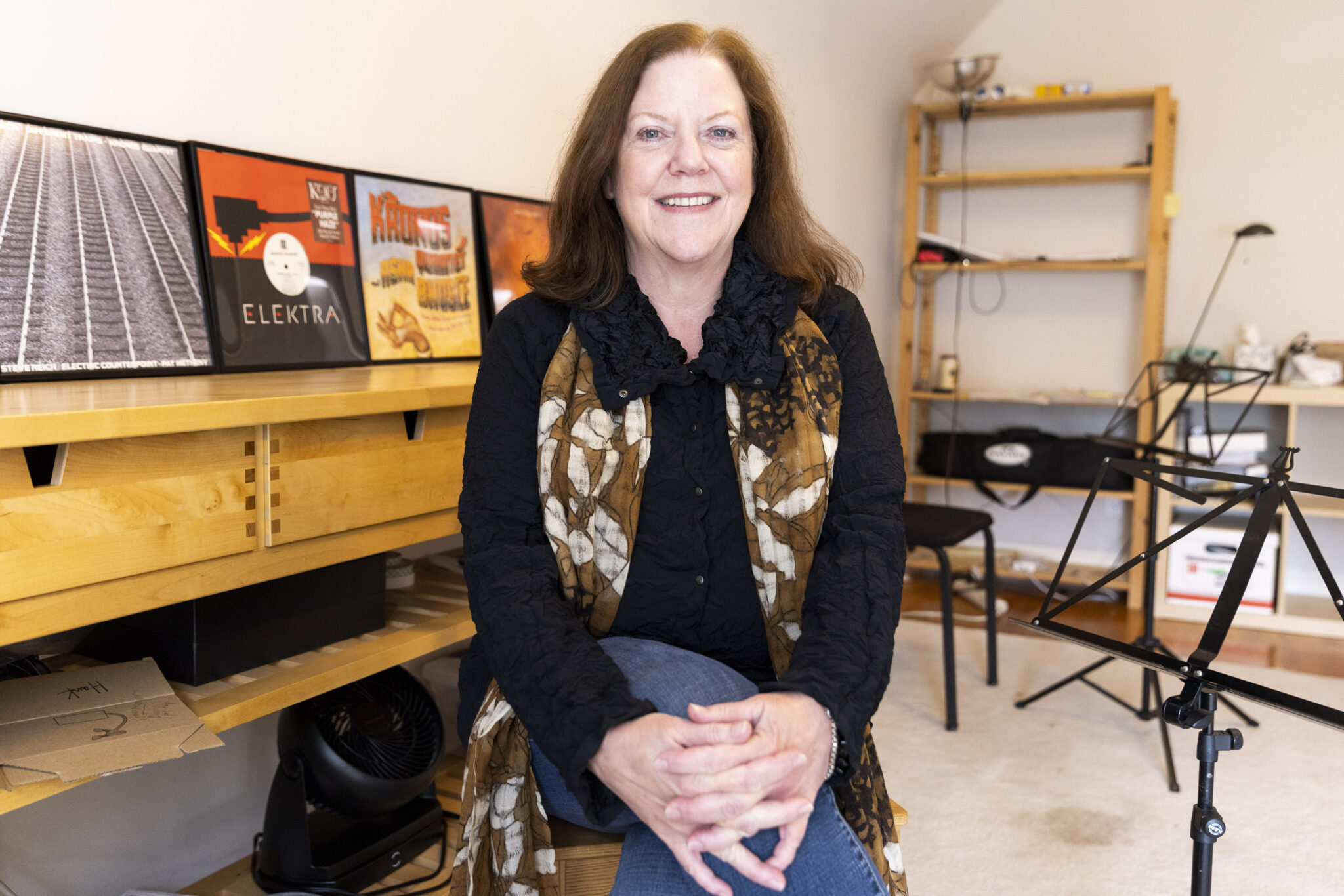
JC: And that has been intentional, for sure. In the first few years, it became my responsibility to deal with program notes for pieces. I said, “If I can’t understand this, that means the vast majority of people will not understand it.” Don’t limit your audience.
When you began, did you have a sense of, “oh, my influence on the way that a string quartet operates is going to be a little different than what is expected of a managing director?”
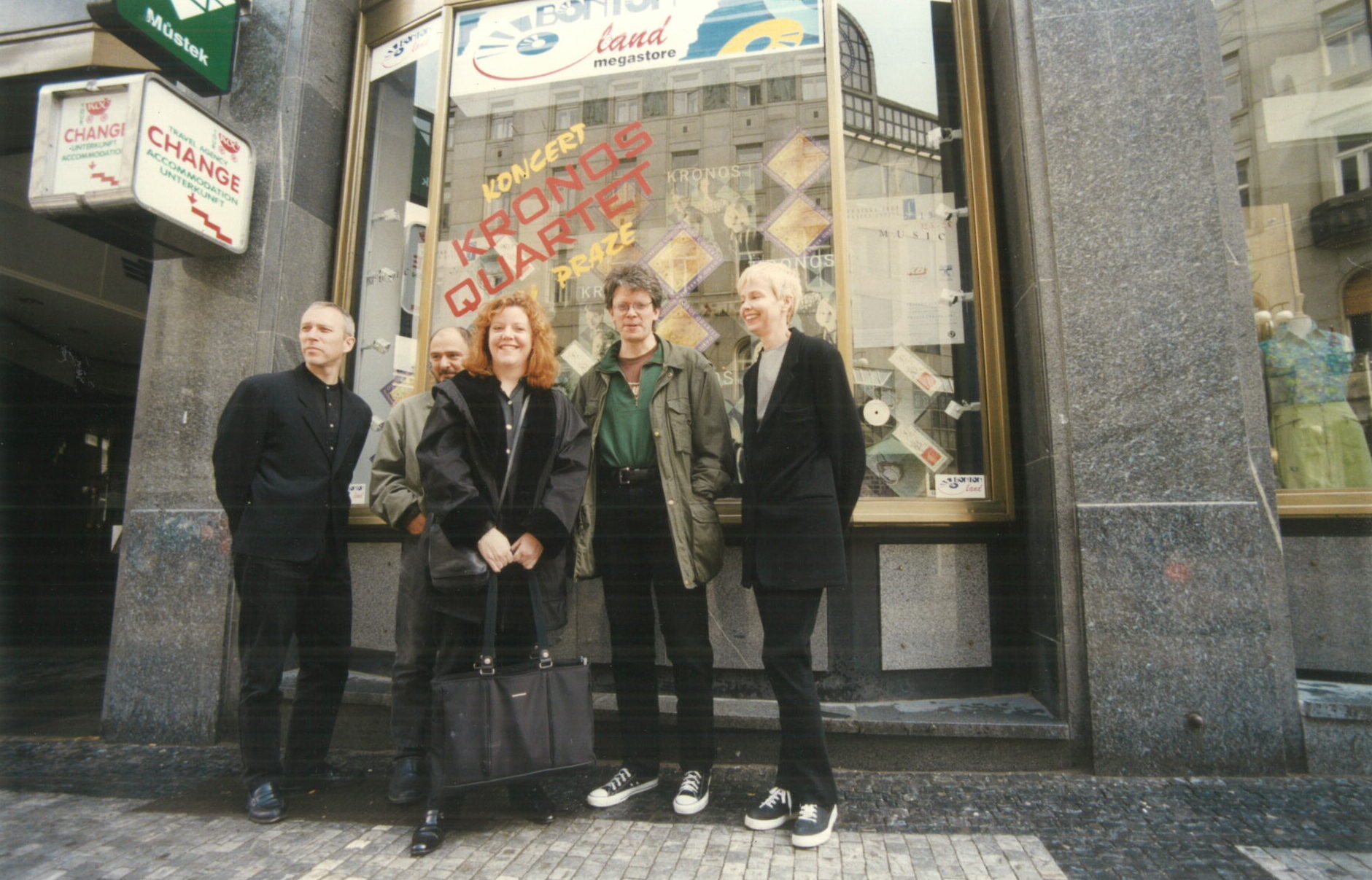
JC: I didn’t have the slightest idea, honestly, because I didn’t know what a string quartet was supposed to be. That was something that worked in my favor. I knew what a band was supposed to be because I followed a lot of those, but I really didn’t have any idea about a string quartet. There was also very strong leadership from within the quartet, really strong ideas about what they wished for. I recently found a letter I’d written to my grandmother when I was about twenty-four or twenty-five, and it said in it, “I’m still working for the quartet, and I guess I’m their manager now because I’m booking their concerts and writing press releases.” The snowball went down the hill.
I’m curious, you know, because of various Kronos achievements that you have spearheaded over the years — Fifty for the Future, The Under 30 Project, and now, the Kronos Oral History Project as well. When do you think people began to ask you to look back? When was there a moment where it felt like the Kronos canon was substantial enough that you were asked to take a nostalgic position on everything that had come to pass?
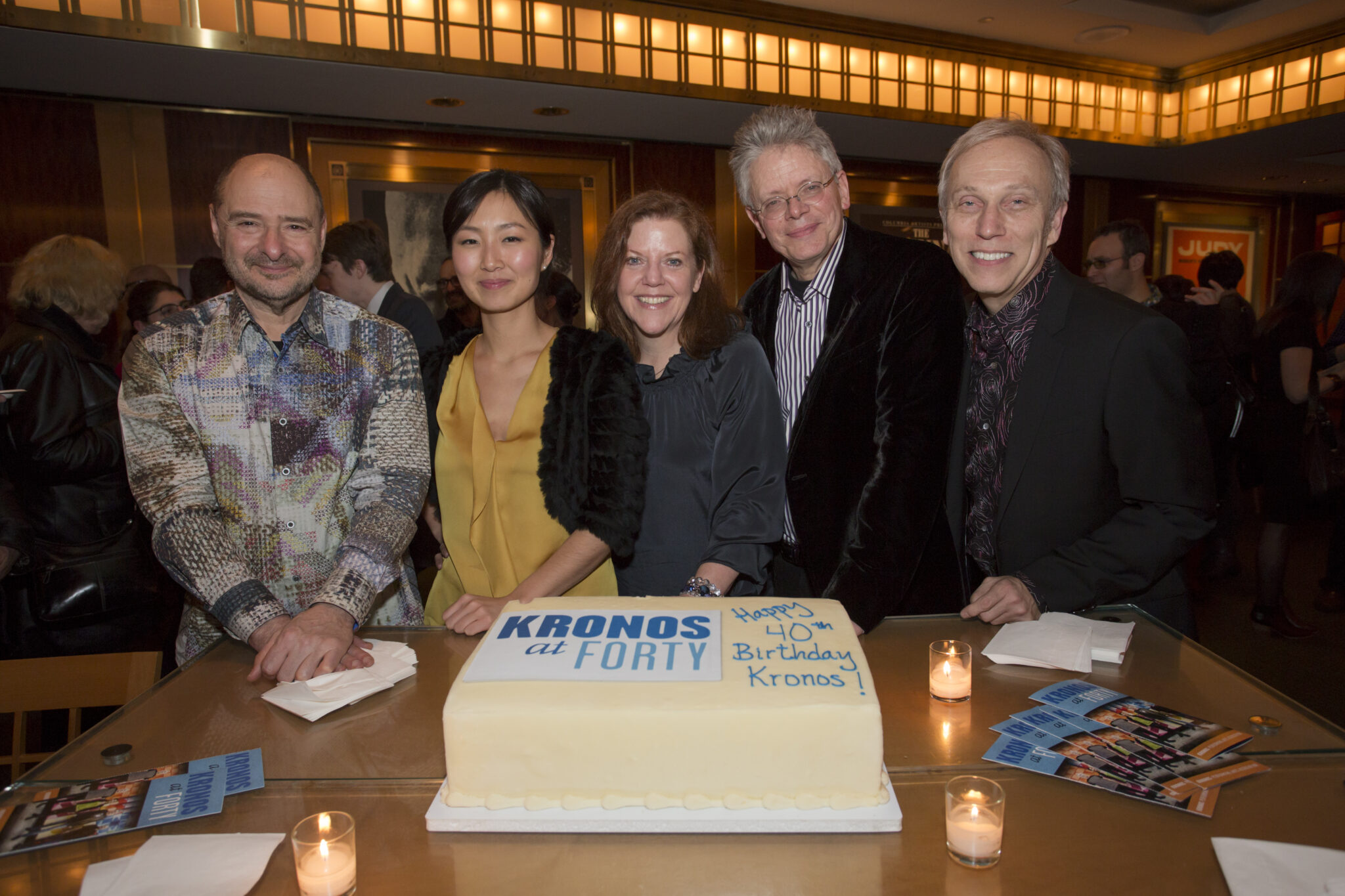
JC: It hasn’t happened a great deal. A little bit around the time when I had been with Kronos for 40 years. Somehow we were always looking forward and not spending a huge amount of time looking back — beyond, you know, learning from things that had been tried and trying to improve on them. But I also didn’t take a very visible role in Kronos. I mean, in the field, I think people knew me, but otherwise, the Quartet was front and center.
That’s interesting, because my experience of you is thinking of you as an outward-facing, known member of the group. I always see you being the link between the group and people who are welcomed to collaborate with them. Kronos has celebrated so many collaborators over the years — for instance, Terry Riley, who turns ninety next year. I’m curious to know — who are some of the partners who you feel have had the most substantial influence on how the group changed or transformed together over the years?
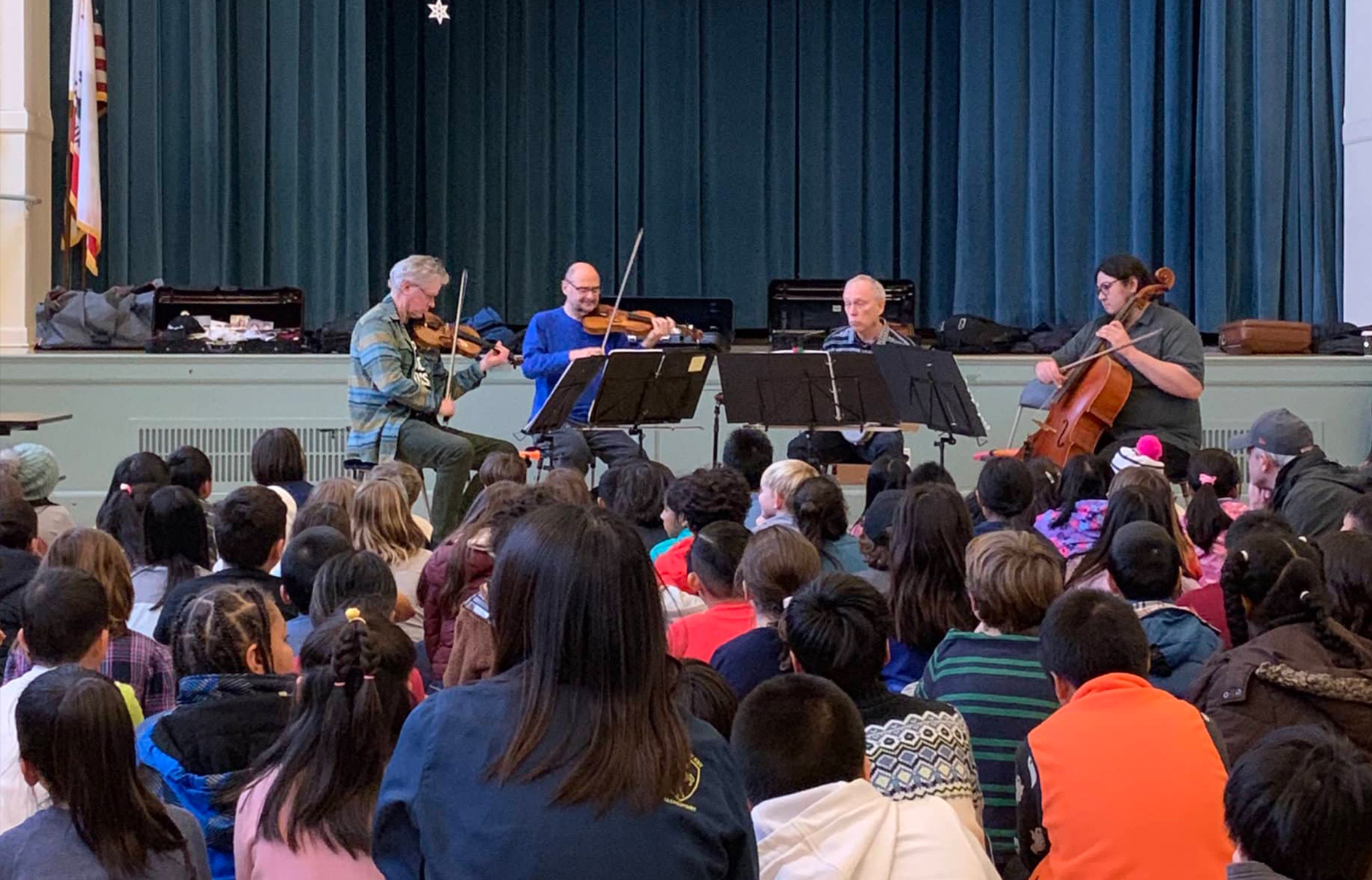
JC: I’d actually start within the group itself, because certainly David Harrington and his relentless quest for whatever’s next set the tone for all of it. Absolutely. And then the other members of the group being open to any experience, really any experience, and being respectful, very respectful, to whomever they are working with — whether that is a group of twelve-year-old players who’ve just picked up their instruments a year ago, or a set of thirty-year-olds at a conservatory. They bring that to every experience.
Certainly, you brought up one of the most important ones, and that’s Terry Riley. His first piece for Kronos, the first of almost thirty, premiered right as I arrived. He’s very close to David, and to the group, and to all the musicians that have been in the group over time. Wu Man is someone else I think about, because we’ve worked together since the early nineties and made all kinds of pieces together. I really deeply respect her.
There are also collaborators with whom Kronos only worked once or twice, who had a huge influence. I’m thinking of, like, Taraf de Haïdouks, the Romanian group that literally showed the members of Kronos how to play differently, how to make a certain sound and do it completely differently than the way you would have been taught in a conservatory setting. [Kronos has] had their eyes and ears wide open for all of these collaborators, and it’s made them different musicians.
You mentioned learning a new technique or a way to make a different sound… Kronos is always lauded as being experimental and excellent in the way that they do things. Just to wrap things up, is there anything absolutely normal or mundane about Kronos that you want people to remember, or that you want to remember yourself?
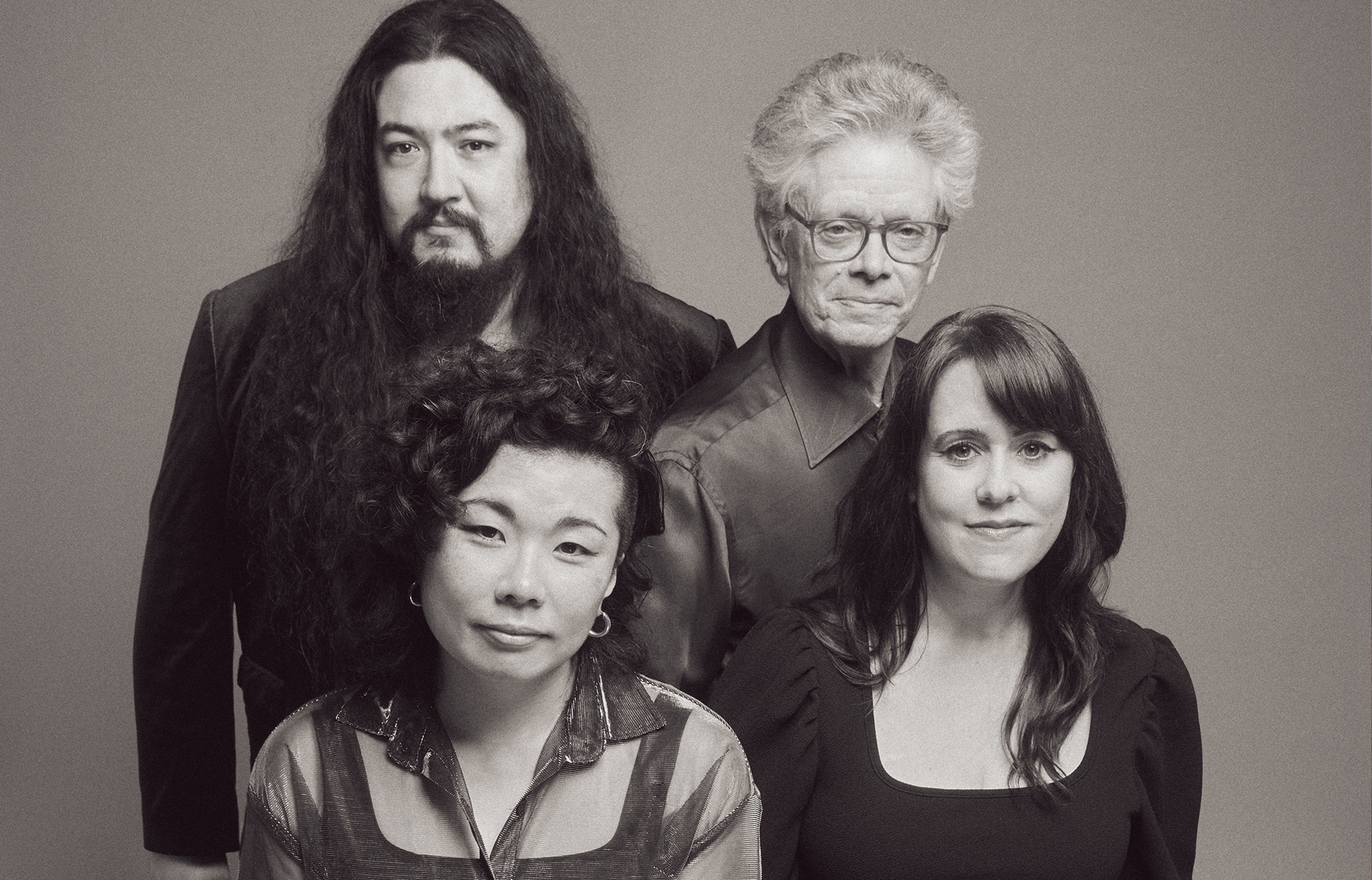
JC: The thing that I think is mundane that people should remember about Kronos (and probably any artist who is successfully making a living being one) is that it’s really hard, hard work. I mean, the lifestyle is difficult. Being away from your family for months every year. The times when you arrive in the middle of the night and there’s nothing to eat. It’s not a glamorous lifestyle. There are glamorous moments, and amazing things that happen, and people you meet, and places you go. But to get there, you still have to be on that airplane for eighteen hours… and not in business class! That’s the thing that people should know. It takes a lot of really hard work.